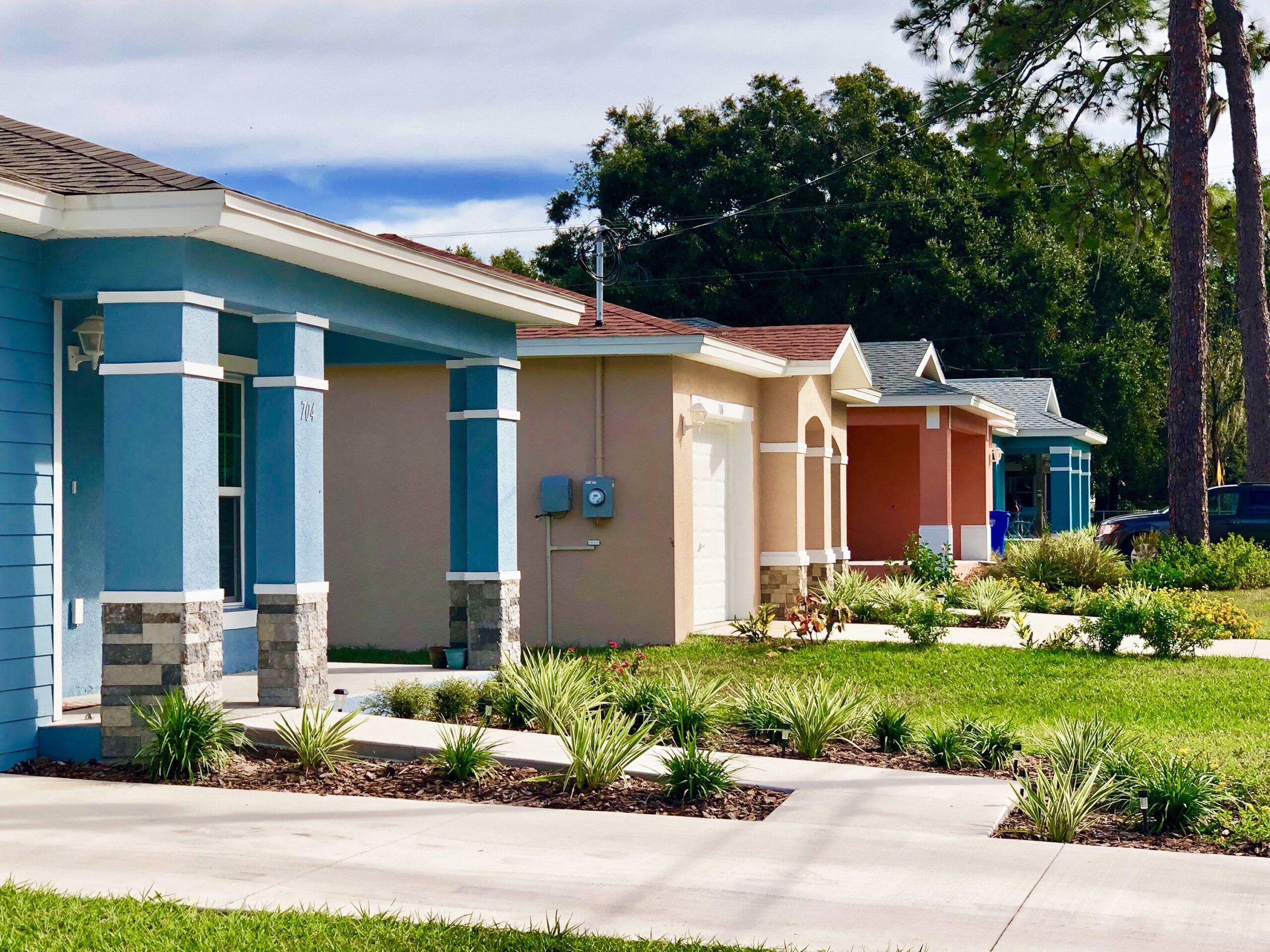OPINION: Hillsborough County cutting affordable housing funds leaves Tampa in the cold

Hillsborough County Commission (HCC) cut $10 million set aside for affordable housing by 80%, moving the other $8 million into road and sidewalk repairs, according to a Sept. 22 Tampa Bay Times report.
This comes in the midst of a housing shortage, where a skyrocketing cost of living is making it increasingly difficult for low-middle income households, like many USF students, to survive.
With economically vulnerable communities struggling, the HCC needs to prioritize the housing crisis with funding. Otherwise, Hillsborough residents could find themselves facing relocation or homelessness.
At $2,166 on average, rental costs in Tampa were marked 18th highest in the nation in August by Waller, Weeks and Johnson’s rental index. This issue is one that’s long been publicly acknowledged by lawmakers, and was a major talking point in Mayor Jane Castor’s reelection campaign.
“The housing crisis is real throughout the nation, and really is most pronounced in areas that are the most quickly growing, which the city of Tampa and the Tampa Bay area are among the fastest growing in our nation,” Castor said in a Feb. 14 interview with WUSF.
“It comes down to a supply and demand equation, we’ve got to be able to provide the housing in whatever form.”
This is the issue that the $10 million allocation was meant to alleviate, funding income-restricted affordable housing construction projects across Tampa-St Pete. By choosing to move this money into sidewalk projects, the HCC is avoiding responsibility and extending the lifespan of an issue that is quickly becoming detrimental to Tampa’s middle-to-low income households.
An individual renter needs to earn at least $85,000 annually to pay rent and live comfortably in the Tampa Bay area, according to the rental index. But the average income in Tampa-St. Pete is a meager $57,500, according to a 2023 Federal Bureau of Labor Statistics report.
USF student housing is not exempt from the rental hikes, with off-campus accommodations seeing between a 10% and 58% in rental increases during the pandemic alone, Housing and Residential Education Associate Vice President Ana Hernandez said in an Aug. 21 article from The Oracle.
Still, USF increased its on-campus housing prices by 4.5% this semester, with matching increases planned for the next five years. As a result, students are struggling to find affordable places to live while seeking their degrees.
“As things get more scarce, regular people, regular students like us cannot afford to be here,” SFS founder Will Mleczko said during a Sept. 18 rally against USF’s housing price increase.
Nursing senior Angel Wayton said that she chose to live off-campus this semester because her $850 per month rent was still cheaper than over $1000 for an apartment-style dorm in the Aug. 21 article.
Tampa’s affordable housing scarcity is causing a major financial burden on economically vulnerable communities and could push many residents into relocation or even homelessness. The National Alliance to End Homelessness naming housing poverty and lack of affordable housing the leading causes of homelessness.
This effect can already be seen. Tampa Bay has the highest homelessness rates in the nation, with 57 homeless for every 10,000 residents, according to the alliance. That equates to nearly 17,000 homeless individuals in the metro area.
As such, the lack of affordable housing is not an isolated issue, and it’s one that is already expanding. For the sake of their constituents, the HCC needs to prioritize funding affordable housing, especially when the money is already on the table.







